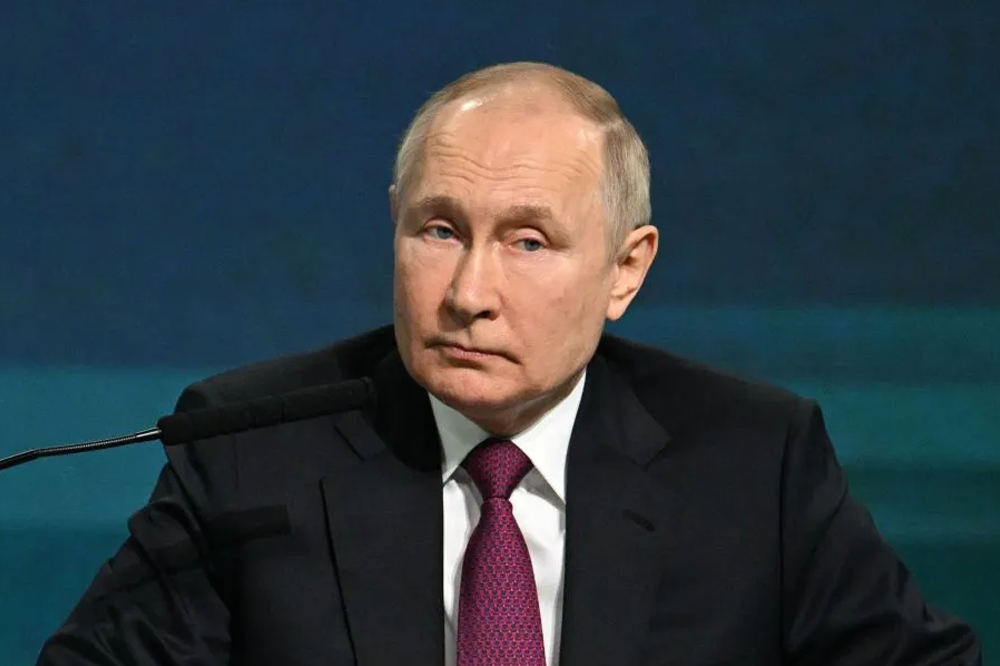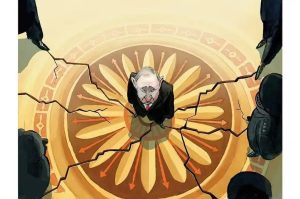A US MQ-9 Reaper drone’s propeller was hit by a Russian Su-27 fighter jet over the Black Sea on Tuesday, causing the drone to lose control and crash. Before the fighter made contact with the drone, it and its wingman released fuel in what was likely an attempt to impair the American aircraft. The drone was in international airspace — which Russia seems to acknowledge — leaving no justification under international law for Moscow’s aggressive actions.
Whether or not the physical contact was premeditated remains unknown. The Kremlin claims the drone’s “sharp maneuvers” caused it to crash and that its jet did not hit it.
The US condemned the episode, with the Defense Department calling Russia’s moves “unsafe and unprofessional” and Defense Secretary Lloyd Austin stating that “Russian aircraft again engaged in dangerous, reckless, and unprofessional practices.” Austin continued, “So make no mistake, the United States will continue to fly and operate wherever international law allows, and it is incumbent upon Russia to operate its military aircraft in a safe and professional manner.”
For now, the US government seems to be trying to keep tensions at a simmer rather than bringing them to a boil.
It is not clear if the drone, which is now likely on the bottom of the Black Sea, will be retrieved by the United States, with US officials suggesting it may not be. Russia could attempt to capture it, which would risk the technology onboard falling into Moscow’s hands. National Security Council Coordinator for Strategic Communications John Kirby said that measures were taken to limit what the Russians could gain.
Unsafe interceptions by Russian and Chinese aircraft are not out of the ordinary. In December, for example, Chinese aircraft conducted a reckless interception of a US reconnaissance plane, coming as close as 20 feet to the aircraft. These actions, which also took place in international airspace, indicate the willingness of both countries to confront the US and challenge the American-led global system.

























